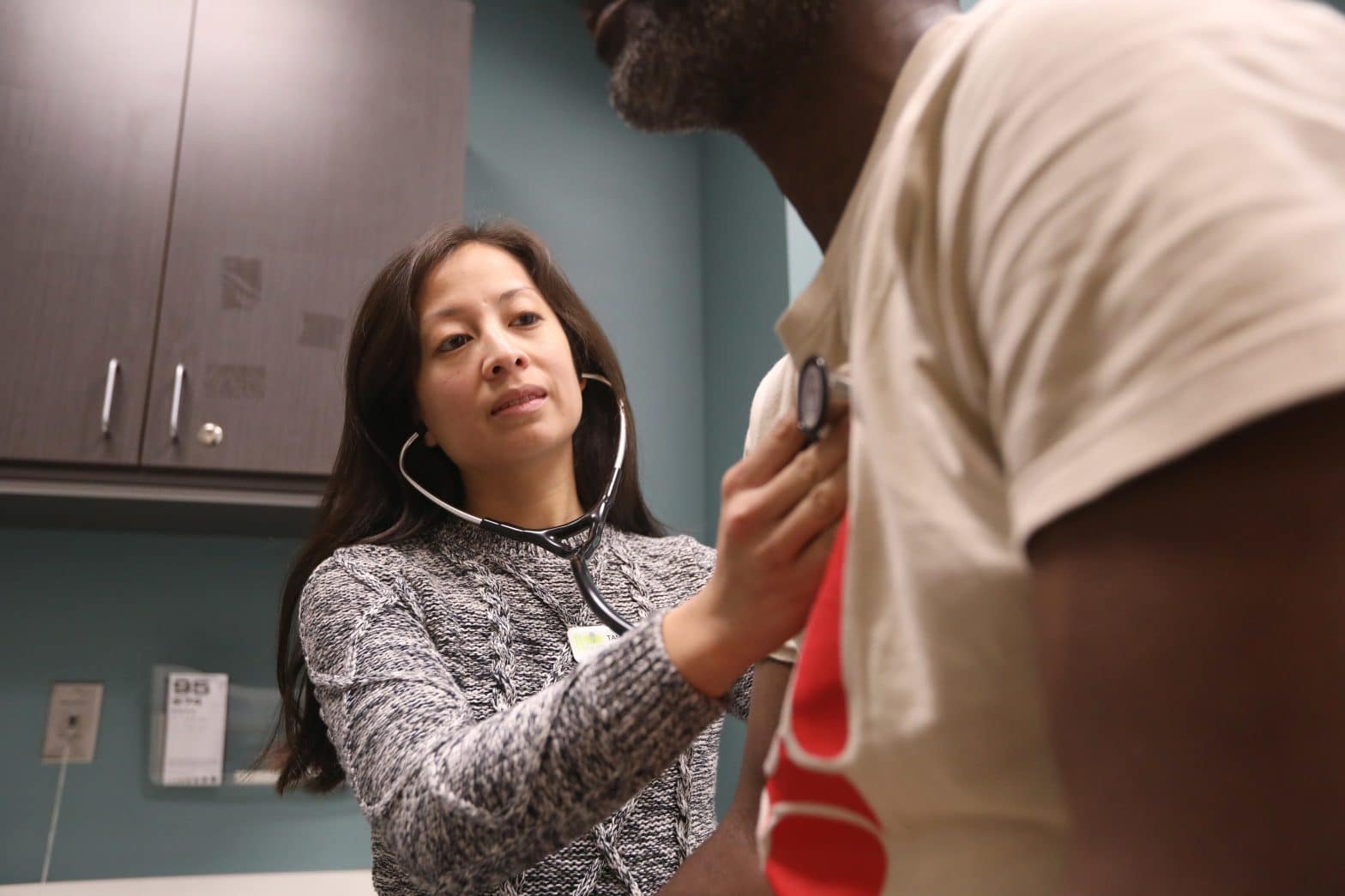New Legislation Allows Free Primary Care Visits for Individuals with High-Deductible Plans

This week, U.S. Representatives Brad Schneider, D-Ill., and Elise Stefanik, R-N.Y., announced the introduction of new bipartisan legislation to improve primary care options for individuals with high-deductible health insurance plans.
H.R. 2774, the Primary Care Patient Protection Act of 2019, would create a primary care benefit for all high-deductible health plan (HDHP) holders, allowing for up to two deductible-free primary care office visits each year.
The use of HDHPs has drastically increased among individuals and employers in the past decade. According to the Centers for Disease Control, among privately insured individuals under the age of 65, more than 45 percent were enrolled in a HDHP in the nine months of 2018, compared to just 25 percent in 2010.
While HDHPs have low monthly premiums, they require the plan holder to pay 100% of their medical costs before insurance kicks in. Evidence shows that the high initial out-of-pocket costs often deter individuals from seeking primary care services, a problem that can lead to much higher future healthcare costs.
“Financial concerns should not stop Americans from seeing their primary care doctor to discuss critical health care needs,” said Schneider. “The upfront costs of high-deductible health plans discourage too many Americans from getting the preventative care they need, leaving issues untreated and ultimately resulting in higher costs and worse health outcomes down the line. I appreciate Congresswoman Stefanik for joining me to introduce this bipartisan legislation to improve the health care options available to patients with high-deductible plans.”
“I am committed to ensuring North Country families have access to quality, affordable healthcare, and I am pleased to join Rep. Schneider on this bipartisan healthcare legislation,” said Stefanik. “By increasing access to primary care without the burden of co-pays or deductibles, patients will be more likely to seek preventative care, which results in better health outcomes and cost savings. This legislation is endorsed by the American Academy of Family Physicians, and I urge my House colleagues to support this patient-centered healthcare policy.”
The Primary Care Patient Protection Act of 2019 is supported by the American Academy of Family Physicians (AAFP), which represents 134,600 members.
A letter by the AAFP to Representatives Schneider and Stefanik in support of the bill states, “Your legislation takes a commonsense approach towards assisting millions of individuals in obtaining timely care from their primary care physician. This legislation promotes continuity of care, which studies show leads to healthier people and longer lives. By providing individuals the ability to secure visits with their primary care physician, independent of cost-sharing requirements, you place the health and well-being of patients ahead of the economic barriers they otherwise may face in obtaining that care.”
Click here for the full text of the bill.























